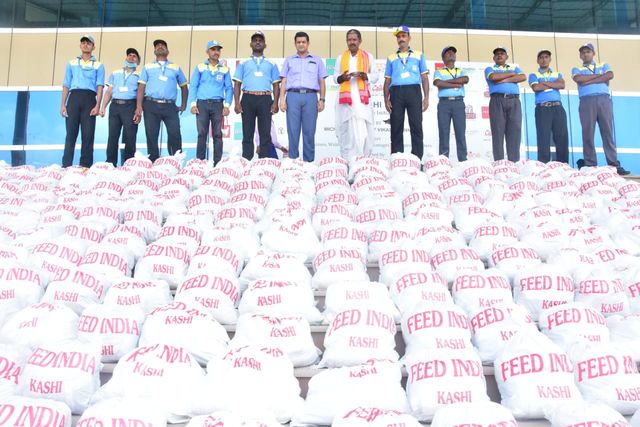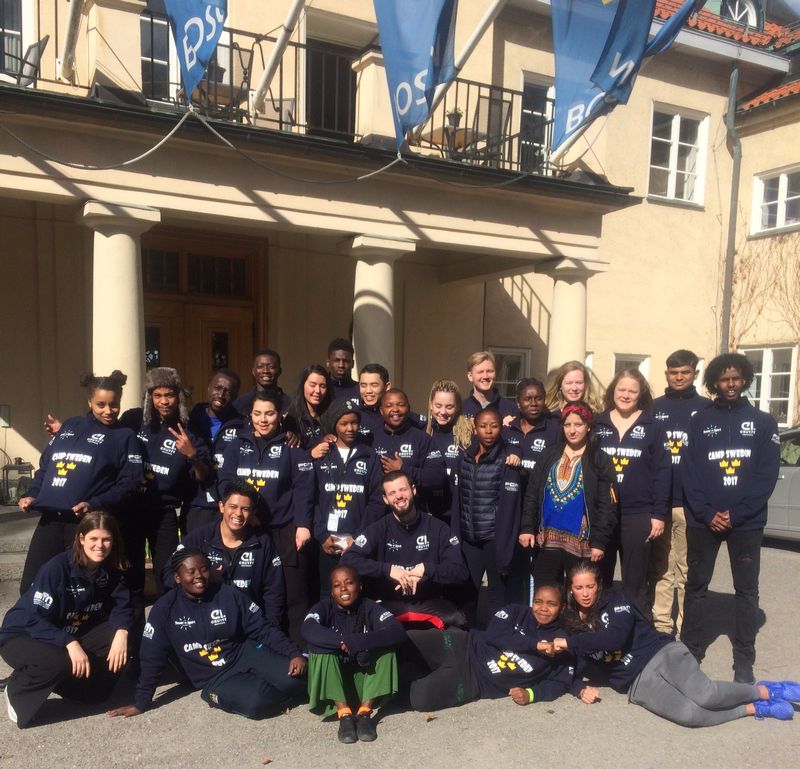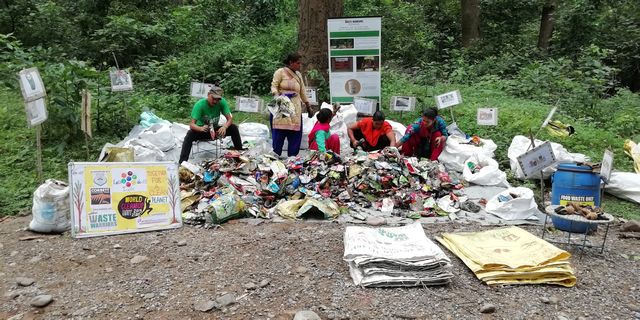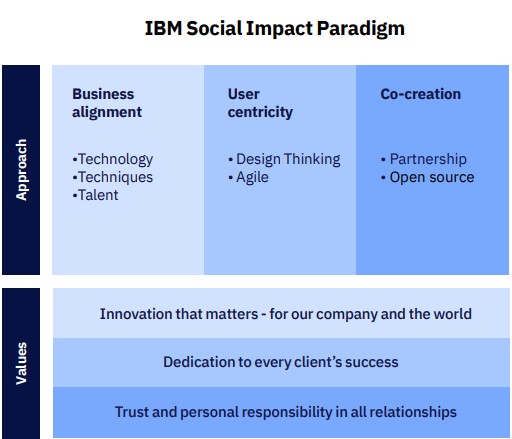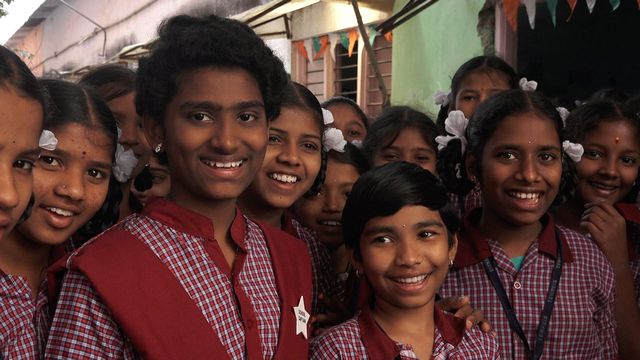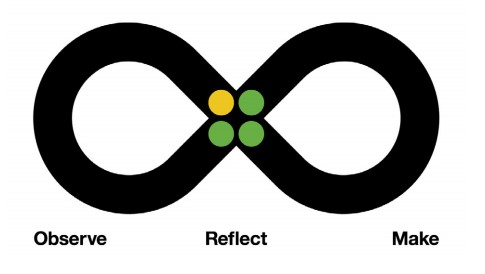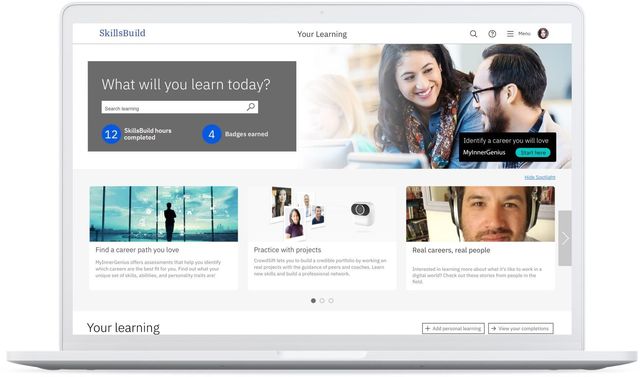I am writing this article with the hope that after reading it, all of us together fight for the rights of our children and take it to a positive, logical conclusion.
A misleading situation still remains regarding exams. In view of the present Covid-19 pandemic, all government and non-government institutes, private institutions, schools, colleges are either closed or operating with a minimum attendance. From our Prime Minister to the Chief Ministers, MPs, MLA’s to Corporators, everyone is very well aware that they have to take utmost care of their safety and health. So, they are all following strict social distancing. At such a time, is the exam assessment of children for one year so important that pressure is being built on them to sit for examinations despite serious risk to their lives?
Students were eagerly waiting for the new exam guidelines by the University Grants Commission (UGC). Ending this wait, UGC has created a superstorm by releasing the new guidelines for universities on conducting final-year examinations. The commission’s insistence on online or pen-paper or a blend of the two modes in conducting examinations, although with a much-delayed timeline, has been widely criticised. Punjab, Maharashtra, West Bengal, Delhi, Odisha and Tamil Nadu have already raised objections. Uttar Pradesh has announced that its universities will hold examinations irrespectively. Delhi University students have termed the decision arbitrary and discriminatory, and have challenged it in the Delhi High Court.
In April 2020, UGC constituted a committee of experts. The committee was to discuss and recommend matters relating to examinations and academic calendars. Based on the report of the committee, UGC released a guideline related to examinations and the academic calendar on 29 April 2020.
Before this information was revealed, there was a demand for cancellation of examinations in universities. This demand was made by a committee of the University Grants Commission. Looking at the situation of the Covid-19 pandemic at that time, it was expected that the results of the final year would be given on the basis of the marks of the previous examination.
After receiving the new guidelines, all the universities and colleges started an uproar. In such a situation, the University Grants Commission approached the universities to give the status of the conduct of examinations. UGC received responses only from 755 universities with regards to the final year exams. About 560 of these universities have either conducted the exams or were reconsidering it. There are still about 168 universities that have not decided on the final year examinations. UGC has also reported that 27 private universities established during 2019-20 are not valid for the final year examination.
Later a committee of experts was again urged to review the guidelines and suggest options for examinations, admission to colleges and universities and start of a new academic session as the cases of Covid-19 were still increasing.
The committee submitted its report which was recently discussed and approved by the UGC. According to the new guidelines, it is compulsory to conduct final year/ semester examinations in all universities. These guidelines of the UGC will affect those released on April 29. Earlier these exams were scheduled to be held in the second week of July but now it has been pushed to the month of September.
It was wrongly assumed that the final year results would be prepared on the basis of the earlier exam and internal assessment on the lines of other semesters/term but now the commission has put an end to all rumours and has made it clear that examinations will be conducted.
Soon after UGC released the latest guidelines, Maharashtra Cabinet Minister, Aaditya Thackeray filed a petition in the Supreme Court on 18th July in which the UGC’s decision to conduct final year examinations before 30 September has been challenged. In his petition, he cited such a decision as inhumane and unimaginable amidst the ongoing war with the Coronavirus, also citing the current state of mind of students and parents. Strangely, this issue has been raised by a young leader and our intellectuals, educationalists and the central government choose to stay quiet. There has been a lot of uncertainty and speculation ever since all educational institutions, including schools, colleges and universities, were locked down in March. The month of March-April is very important for students from the examination point of view and so, all the courses under universities are still awaiting proper orders and guidelines.
The students are in a dilemma whether they should focus on their final year exams or start preparing for their higher education and competitive exams. There is confusion in their minds if the certificates given by universities/colleges without appearing for exams will be valid in other states, all institutions and for appearing in various competitive exams.
After the first case of Covid-19 was detected in India in January 2020, the government was determined not to allow its spread in the country. The central government had to order a lockdown in the entire country in March. The education system of the country was hugely affected with this decision. The central government gave a clear order to all the states for a complete lockdown, and requested the state governments to postpone all examinations scheduled for this year. Despite a lot of efforts and precautions, the Covid-19 pandemic has spread its wings across the country in a big way and the situation has only worsened.
UGC and the states, since then, have been inconsistent in their approach and thought process, giving different time limits, different guidelines and different decisions on conducting examinations. For example, Karnataka CET exams have been scheduled on 30-31 July despite the rise in Covid-19 in Bengaluru. Students and parents are struggling with the outbreak of the epidemic and are raising their voices against it. The Rajasthan government decided to cancel the annual examinations last month and the final results were to be released on the basis of internal tests. The Punjab and Haryana governments had also proposed to cancel the examinations. The same decision was also made for states like Gujarat and Karnataka.
Even in the states most affected by the Covid-19 epidemic, the government in June passed the order to cancel the examinations and declare the results on the basis of internal tests. However, this decision came after a lot of ups and downs in Maharashtra. Maharashtra Education Minister, Uday Samant, said that it is not possible to conduct online or offline examinations due to rising cases of coronavirus in April-May. He feared that the health and security of students and their families will be at stake. However, no clear instructions have been issued for degree students till date.
UGC again brought out a new order last week to put the students in a state of confusion and shock. As per the most recent guidelines, the examinations evaluate students’ lives better and are necessary for the all-round development of talent. But given the deadly form of the epidemic, both the students and parents are not ready to risk the lives of their families and want the intervention of the Central government on this matter.
It has also been said that students with doubtful symptoms will be able to sit separately and appear for the exam. Are you serious? The common man is worried today for his child. The doors of temples have been closed to avoid crowd gatherings but the locks of the schools are being opened for examinations? Such a ridiculous and unimaginable rule! Where the 138 crore population is imprisoned in their homes for fear of a micro virus, there is so much fuss with regard to the lives of children. This is the time for the Central government to intervene. If we are one country and one Constitution, then why is the Central government – in coordination with the state governments – unable to come up with a common, safe, secure and logical solution for the students? If our Honourable Prime Minister can bring the whole nation together with applause and lamps to fight the Covid-19 pandemic, then why is he still silent on this very important and delicate issue?
This is an Emergency-like situation and we can’t take the lives of our youth for granted. If the pandemic continues, we might also need to implement a new education system in the country. ‘No examination is better than risking lives’. Do we really need to debate on this? Everyone is worth their lives. Shouldn’t it be that first, all government departments, corporate offices resume work with 100% attendance and only then we consider sending our children to schools and colleges and letting them appear for exams?
Even while I am writing this article, I wonder why this carelessness with children? Are even 50% of the parents ready to follow the latest UGC guidelines? No. They are confused and worried about an uncertain future for their children. On one hand, while questions are being raised about the recent decision of the UGC in the Maharashtra government, the epidemic is at its peak. States like Assam are facing a double whammy of floods and epidemics, on the other hand, political games are being played, defections and horse-trading is rampant in Rajasthan. I wonder if this state, and also our country, has become corona-free, so some are playing the game of politics in their free time? Is the Central government putting its pieces on this board? If not, what is it doing to stop it? Maharashtra Youth Leader Aaditya Thackeray has raised a legitimate question “Are UGC decisions for another planet?” Why such negligence with the hands in which to hand over the reins of our future?
In the event of a disaster of this scale, the country expects our Honourable Prime Minister to lead from the front and take a wise and far-sighted decision. This issue is directly related to his pro-youth approach. The Prime Minister has given an important place to the youth, education and their problems. Under his leadership, the importance of education in the country has grown manyfold. So naturally, both the students and the parents are expecting a meaningful step for their problem.
Before taking the important decision of the lockdown, our Prime Minister met Chief Ministers of all the states through videoconferencing and after taking their opinions, took the important decision. When an anti-China decision can be made against the encroachment under the strong leadership of our Prime Minister, then why no concrete steps are taken in this case? In the last few years, the central government has taken many big decisions in the interest of the country and has ensured that the decisions take the form of reality rather than being up in the air.
Is it appropriate to take such a big risk? Is it necessary to push the navigators of the country in this experiment? Can a few hours of examinations really determine the competence, performance and credibility that is necessary for global acceptability? It is a matter of concern that our education system still continues to be exam-centric and these guidelines fail to take into account the fact that the validity of exams fundamentally depends on their reliability. Most examinations in India merely test an ability to recall facts or information rather than an understanding of those facts or an ability to use them in practical situations. The Central government needs to take the right decision keeping these factors in mind. This matter ideally should have been settled between the public and the government instead of the Supreme Court. It shows the apathy of our system, the need to present such sensitive issues before the court.
This is an issue that should be decided by the mind and heart rather than the Constitution.
 The author, Amit Upadhyay, is Editor-in-Chief of The CSR Journal
The author, Amit Upadhyay, is Editor-in-Chief of The CSR Journal
To read more articles by the author, click here
Thank you for reading the column. Please drop a line and help us do better.
Subscribe
